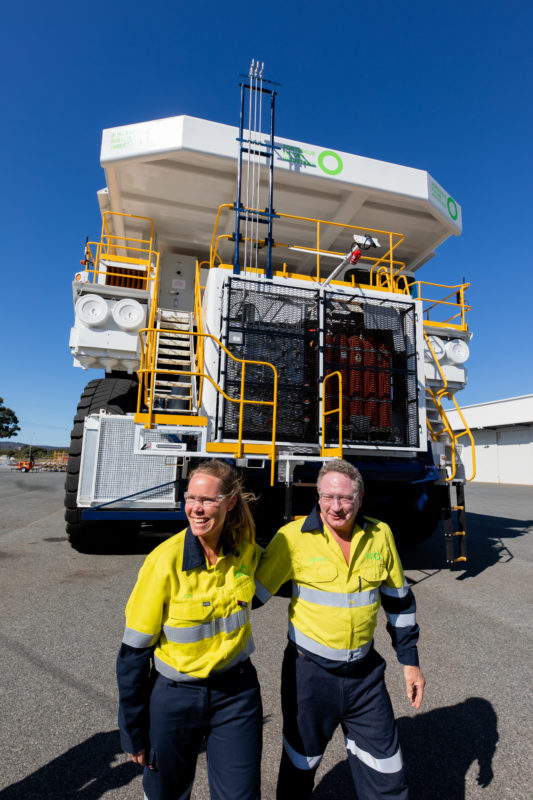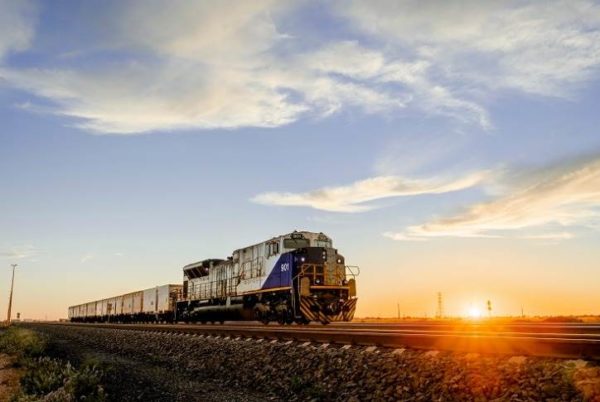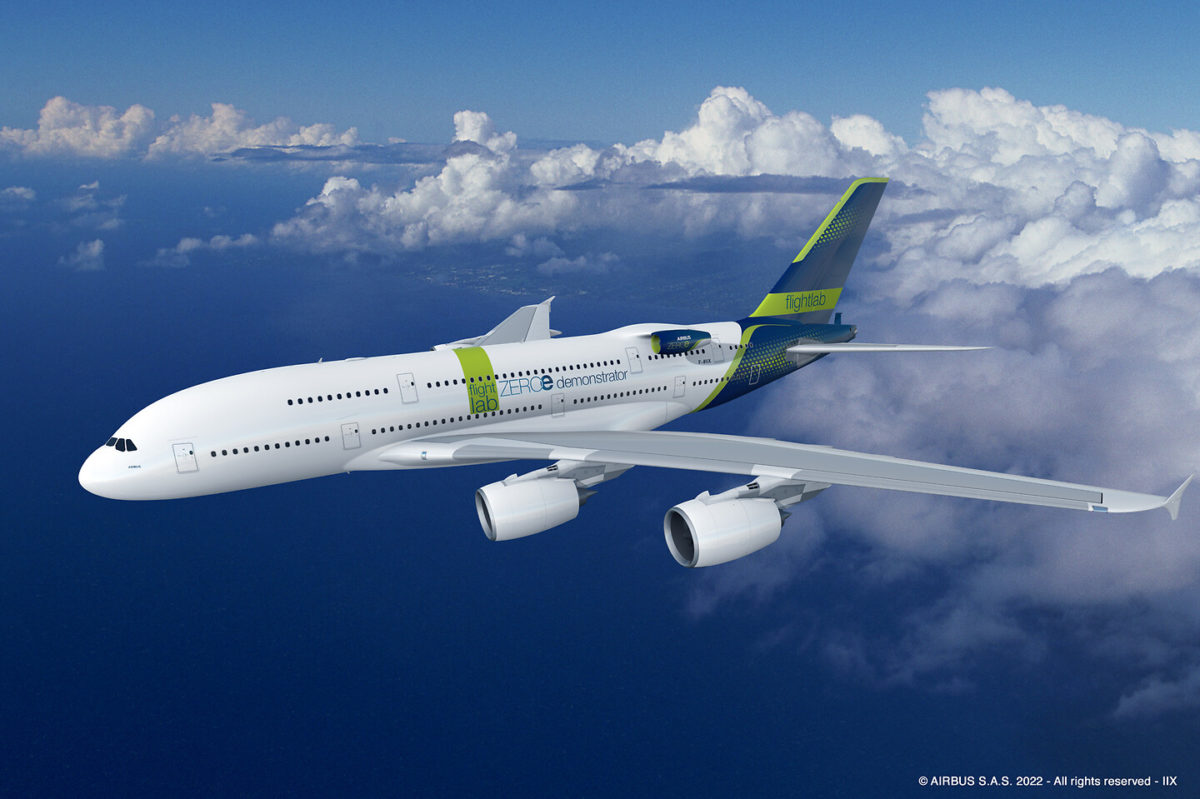One of the world’s largest aircraft manufacturers, Airbus, and Australia’s biggest green hydrogen player, Fortescue Future Industries (FFI), have announced their formal partnership which they say will accelerate the decarbonisation of the aviation industry through green hydrogen.
Just last week, Airbus officially launched its multi-year ZEROe demonstrator program to test a variety of hydrogen technologies. While the FFI news release didn’t specifically mention Airbus’ ZEROe initiative, it has made an animation titled ‘Introducing the ZEROe Airbus fleet, powered by green hydrogen,’ with its logo at the bottom, implying the company’s involvement in the European program.
What FFI and Airbus did say is that the pair had signed a Memorandum of Understanding (MoU) at Airbus’ headquarters in Toulouse, France, on Tuesday, which will allow both companies to collaborate closely, “as one focused taskforce,” to implement green hydrogen as a fuel within the aviation industry.
The pair plans to “leverage their respective expertise” to support the entry-into-service of a green hydrogen-based aircraft by 2035, they said.
According to the agreement, FFI will provide cost outlook and technology drivers across the supply chain and will build infrastructure deployment scenarios for the supply of green hydrogen to targeted airports. Airbus will provide characteristics on fleet energy usage, scenarios for hydrogen demand in aviation, refuelling specifications and aviation regulatory framework.

Fortescue Future Industries (FFI)
Back in November, FFI also began a partnership with Los Angeles-based Universal Hydrogen, its entry into the aviation space. Under that MoU, FFI agreed to take the lead on green hydrogen production and supply activities while Universal Hydrogen said it would lead on delivery logistics to airports and on-airport fuel services.
Aviation emissions
The aviation industry often cites its ‘fractional’ contribution to carbon dioxide emissions globally, accounting for around 2.5%. FFI founder and Chairman, Andrew “Twiggy” Forrest, noted however that the global industry’s emissions have doubled since the 1980s.
“People want to travel, reunite with family and friends and explore new places without being forced to pollute the planet,” he said. “The problem isn’t travel, the problem is how we fuel our planes and ships – all of that must turn emissions free. No greenwash, no mirage, just 100% green.”
Forrest gestured to the floods currently ravaging eastern Australia as proof industries must act faster. “Look no further than my home country of Australia to see the disasters of our changing environment. The catastrophic floods on the east coast are being described as “one-in-1000-year events,” which means that every year there is just a 0.1% chance of a flood of that severity happening.

Image: FMG
“Australia’s climate has already warmed on average by almost 1.5°C since 1910, and these extreme events are going to occur more frequently if industry doesn’t come together to decarbonise quickly and completely,” he said.
“The future of air travel is green,” Airbus’ Vice President of Zero Emissions Aircraft, Glenn Llewellyn added.
“Airbus has identified green hydrogen as the most promising option for decarbonisation to meet our environmental challenges. You heard it here first: We are starting the green aviation revolution,” he said.
This content is protected by copyright and may not be reused. If you want to cooperate with us and would like to reuse some of our content, please contact: editors@pv-magazine.com.









4 comments
By submitting this form you agree to pv magazine using your data for the purposes of publishing your comment.
Your personal data will only be disclosed or otherwise transmitted to third parties for the purposes of spam filtering or if this is necessary for technical maintenance of the website. Any other transfer to third parties will not take place unless this is justified on the basis of applicable data protection regulations or if pv magazine is legally obliged to do so.
You may revoke this consent at any time with effect for the future, in which case your personal data will be deleted immediately. Otherwise, your data will be deleted if pv magazine has processed your request or the purpose of data storage is fulfilled.
Further information on data privacy can be found in our Data Protection Policy.